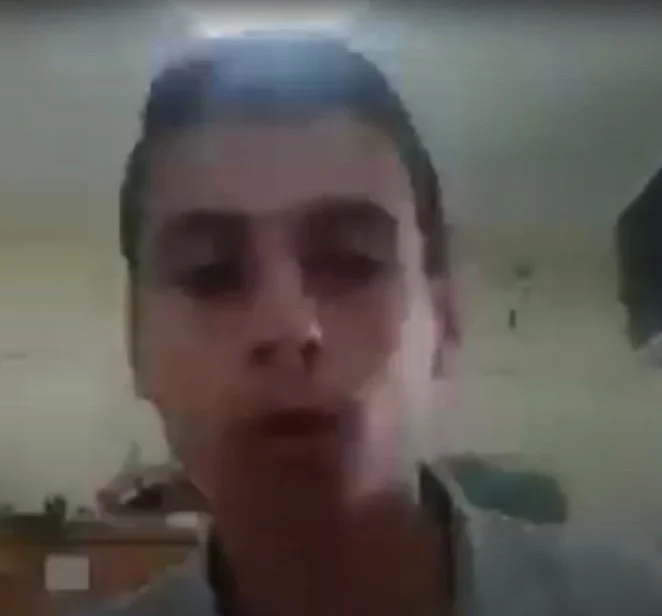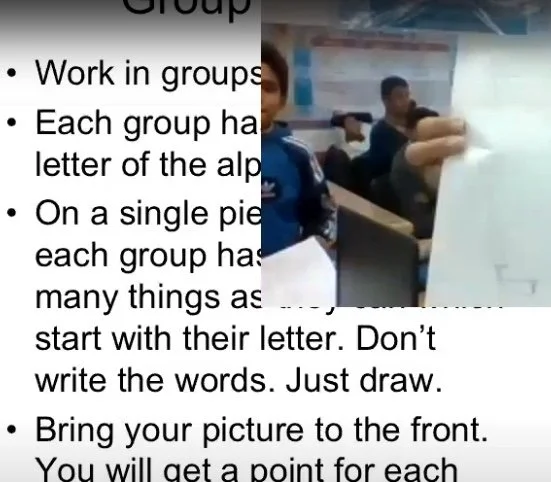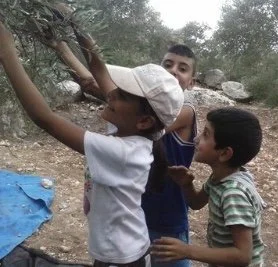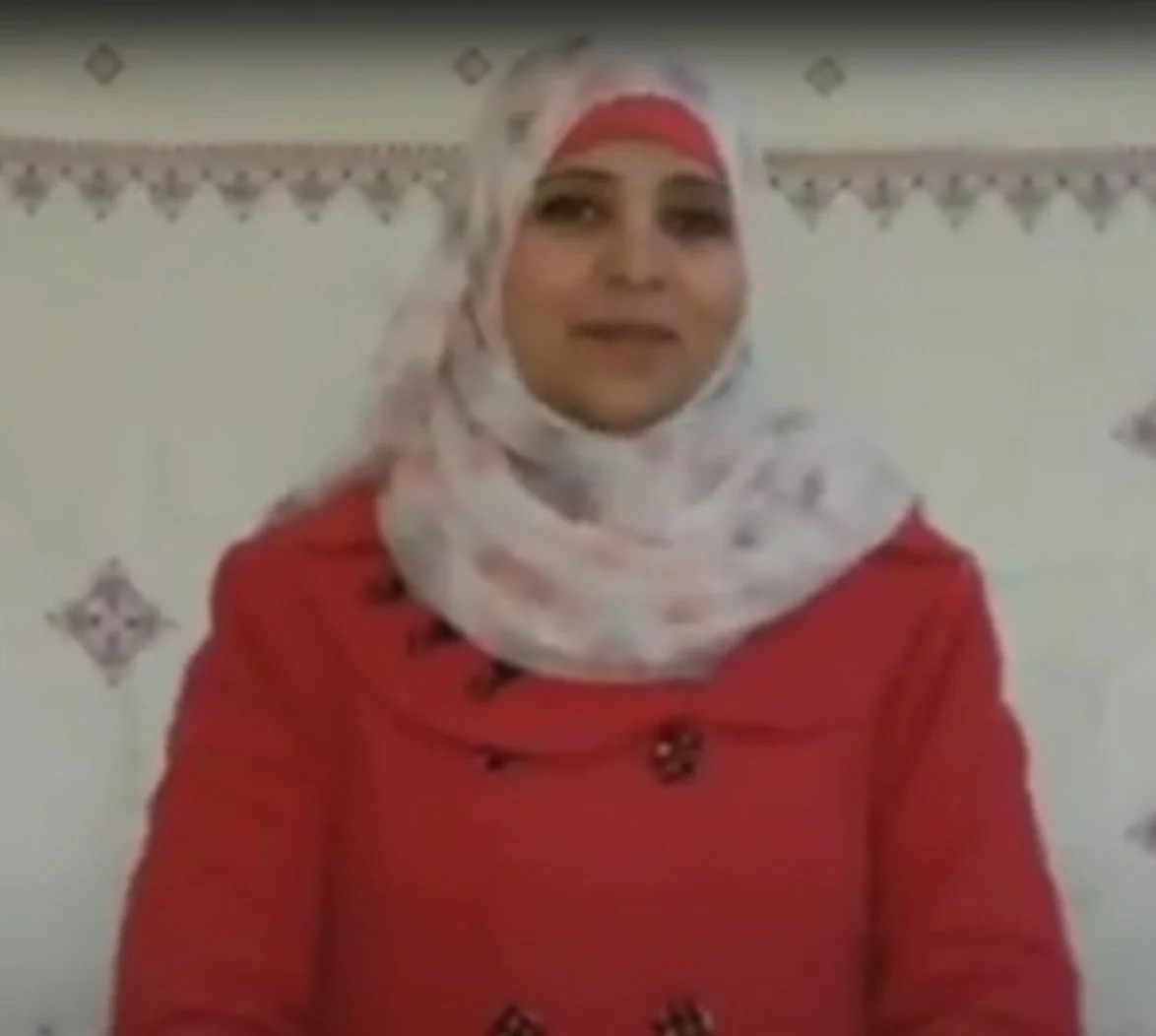Most of the Hands Up Project's work is with younger learners in Gaza but I also have a group of teenage boys who live in a village near Ramallah with whom I do a weekly session. In the beginning I found it difficult to organise online classes that really addressed this group's needs, but, in consultation with their teacher Atiyyeh, a way of working has emerged which seems to be much more useful.
Read MoreWhere do ideas for teaching come from? And where, indeed, do they go to? Increasingly I feel that they evolve organically out of classroom practice and out of collaborative dialogue between teachers, and between teachers and learners.
Read MoreTwo weeks ago I wrote a post called 'The Game of Jewels' about the strength of activities like Kim's Game, which emphasise the importance of noticing and retrieval. I said that most of my favourite things to do in class are really just adaptations of Kim's Game so, as promised, here's a version which uses the same principles, but which is more suited to teenage learners.
Read MoreWith rather limited success, I've been trying to learn Levantine Arabic, and over the past year I've probably had about ten one-to-one classes with a Jordanian friend who lives here in Totnes. Saif is an excellent teacher. One thing I particularly like is that he allows me as the learner to control the content of what we talk about in the classes, whilst he supplies me with the language I need to express the things I want to say.
Read MoreOne thing about chanting is that is encourages use of connected speech: it challenges learners to speak in chunks, rather than in isolated words. This is a central idea of the Lexical Approach. When chanting words flow into each other, and pauses occur naturally between chunks of language, rather than after each word (as often occurs in the speech of beginners).
Read MoreI've just come back from a very fulfilling week in Occupied Palestine, running a course called, Teaching English through Stories with a group of teachers from Gaza, Hebron and Ramallah.
Read More





